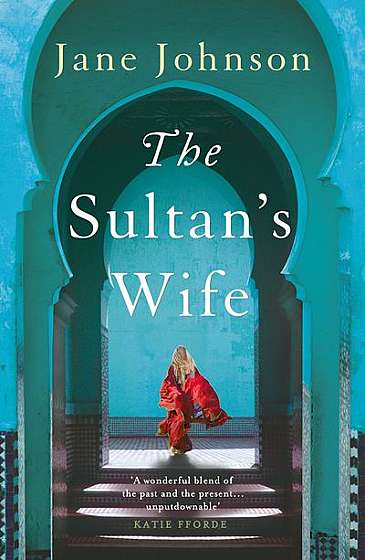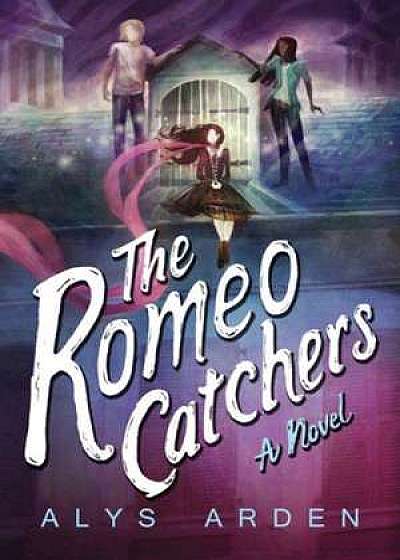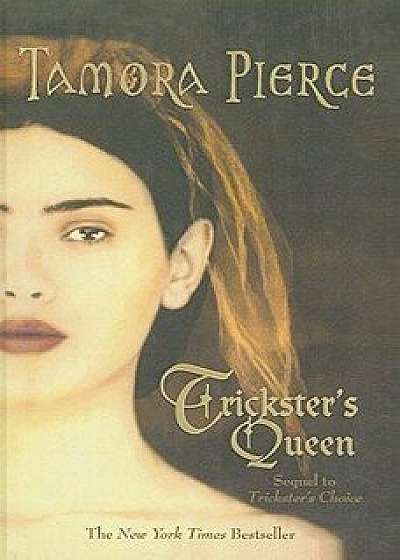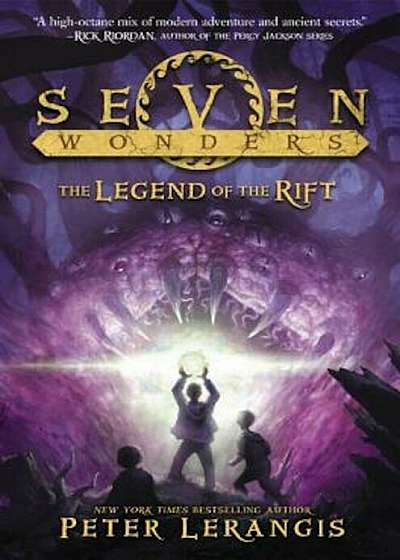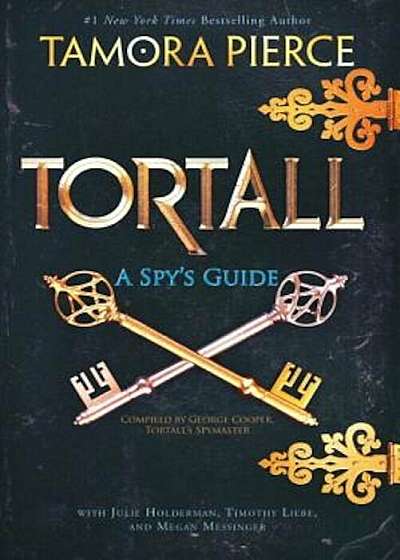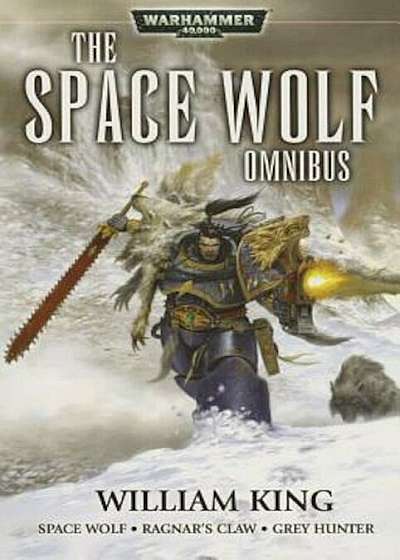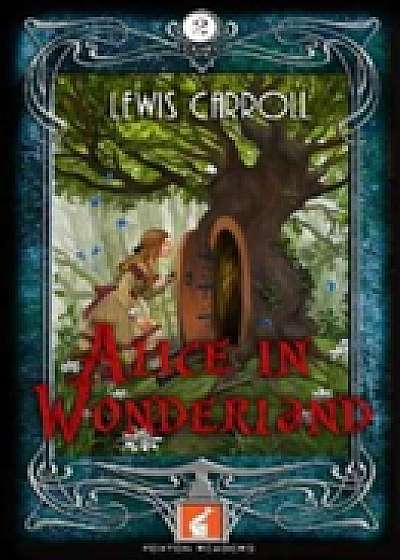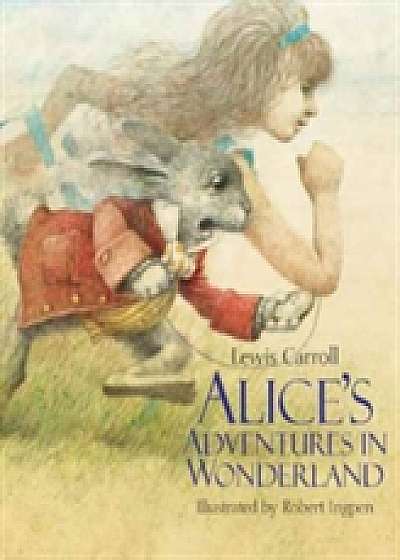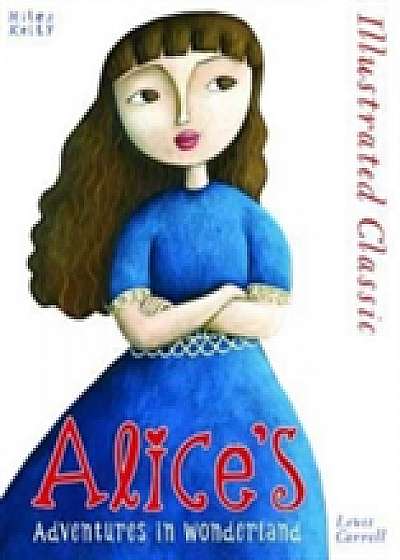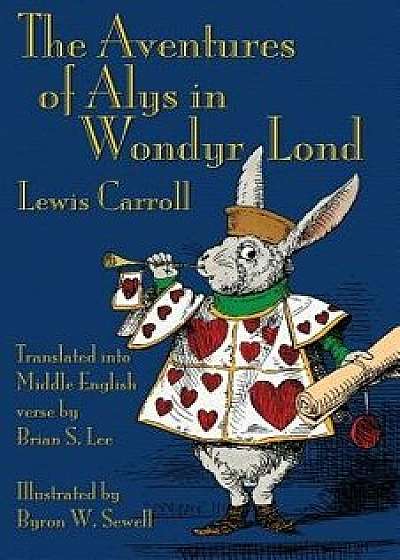
The Aventures of Alys in Wondyr Lond: Alice's Adventures in Wonderland in Middle English, Paperback/Lewis Carroll
Descriere
Description Middle English is the name commonly given to the forms of English current from about 1100 to roughly 1500, between pre-Conquest Old English, which is hardly intelligible today without special study, and the early modern English of Shakespeare and his contemporaries. Of course it changed considerably during that period, and different dialects existed in various geographical areas. The form of Middle English used in this translation is for the most part the East Midland and London dialect of writers like Chaucer in the fourteenth century, which is the direct ancestor of our modern standard form of English. It is not hard to read with a little practice, but an extensive glossary has been provided to assist the reader where necessary. Imagining what Londoners of the fourteenth or fifteenth centuries might have made of Lewis Carroll's "Alice's Adventures in Wonderland" provides a historical perspective not only on Chaucer's fourteenth century and Carroll's nineteenth, but on our own time as well. The self-opinionated Victorian child whose delightfully illogical adventures down the rabbit-hole are so contrary to the order and regularity of her life in the waking world receives an education in "otherness" that is both a critique of contemporary society and an enjoyable children's fairytale. Adapting this to a medieval milieu has required changes not only of language but of costume and customs as well. While we have sought to keep both text and illustrations as close as possible to Carroll's and Tenniel's originals, it is probably the differences that will be of most interest. Following Chaucer's practice in his fiction, Carroll's prose has been translated into Middle English verse. In the illustrations Alice wears the sort of clothes a child of roughly equivalent social standing might have worn. Dodos and flamingoes were unknown in medieval England, but Phoenix and swans will do instead. Judges did not wear wigs, but Serjeants at law were distinguished by the co
